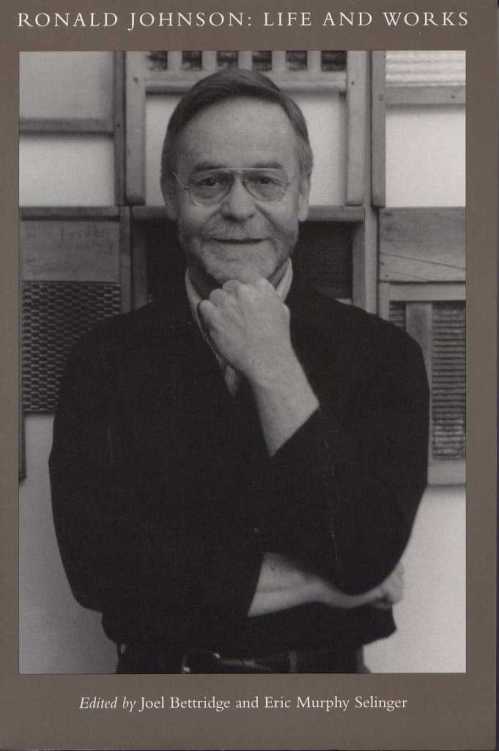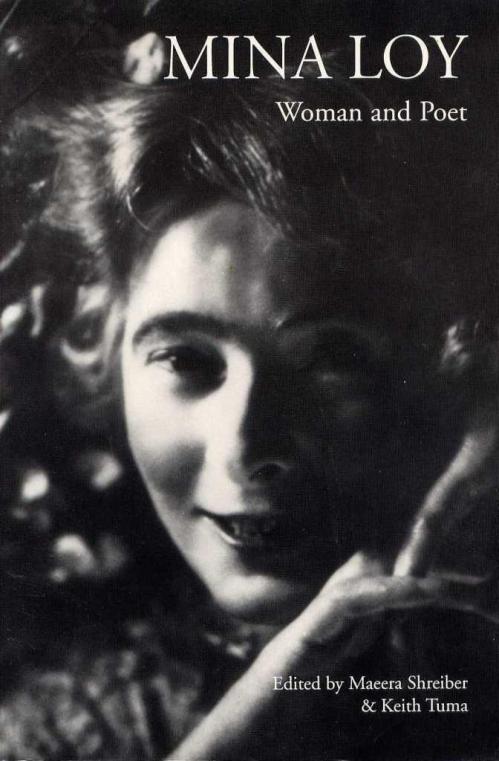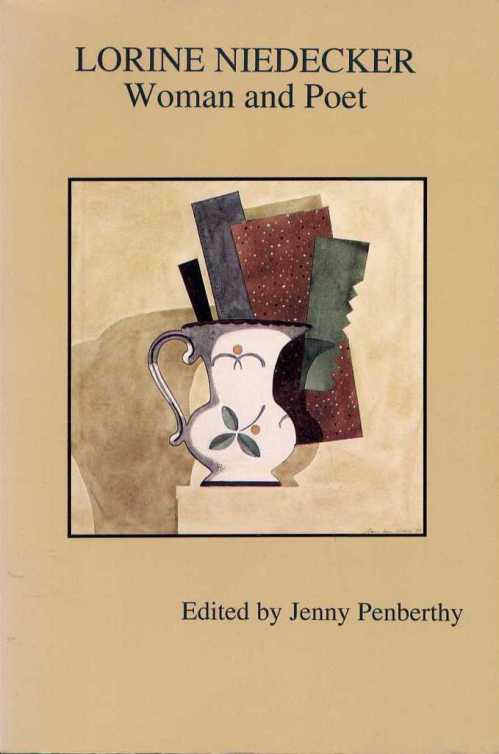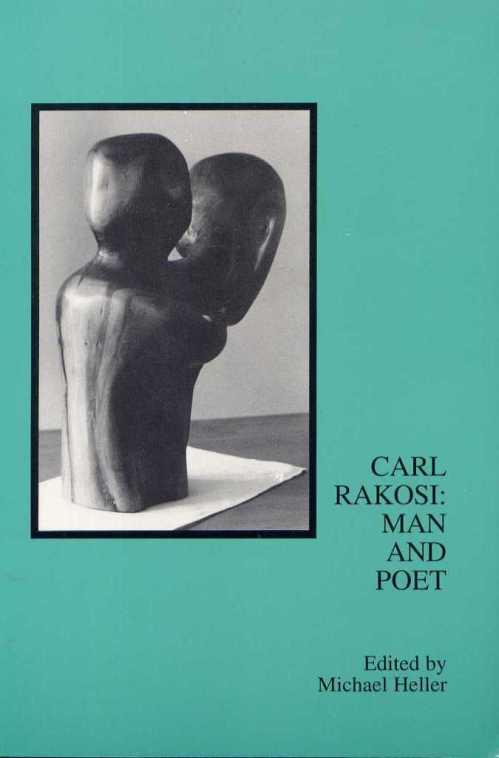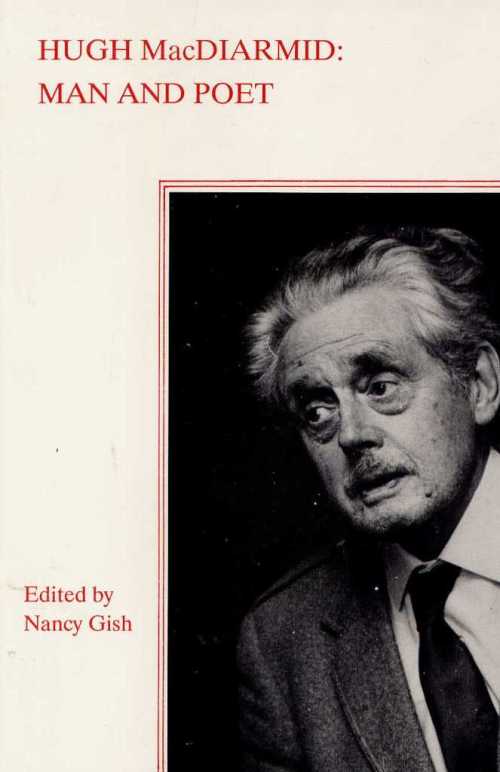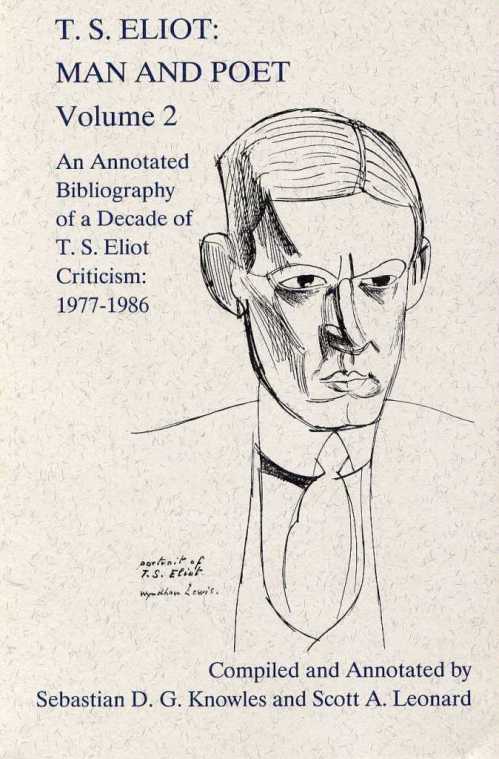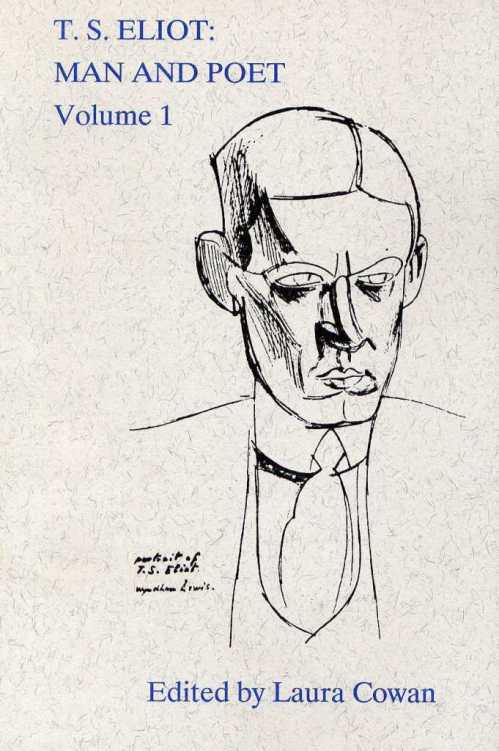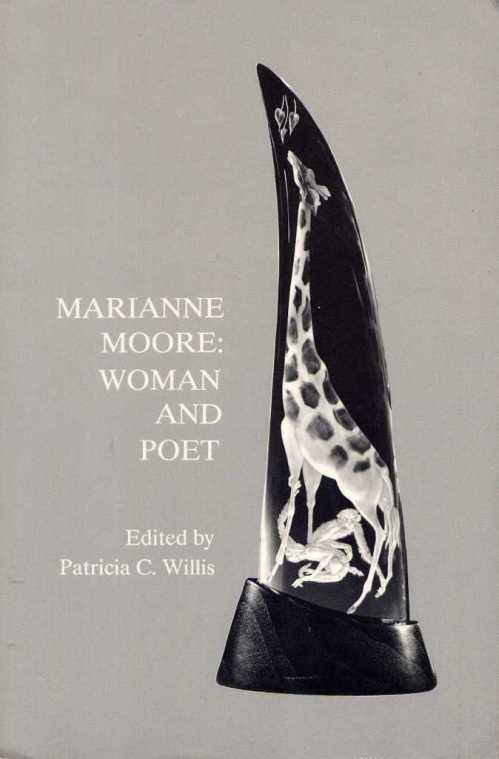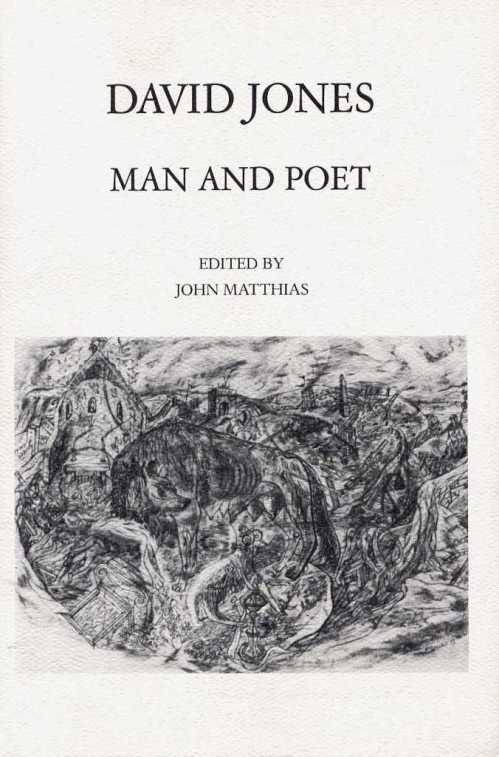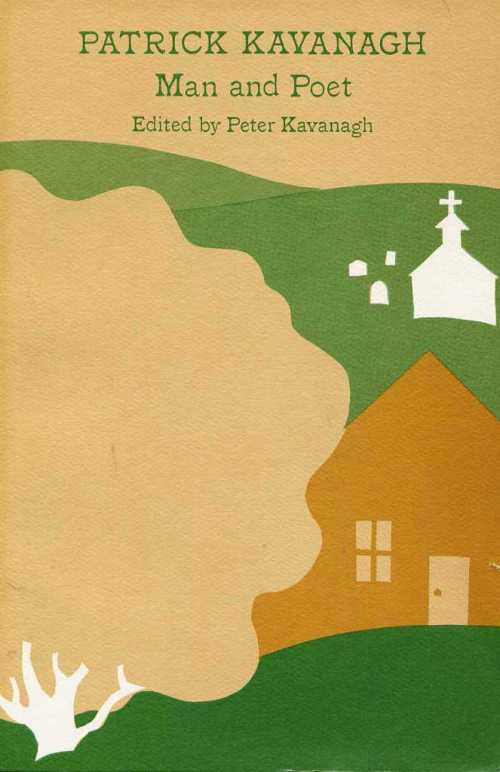Ronald Johnson: Life and Works
Edited by Joel Bettridge and Eric Murphy Selinger
•
CONTENTS
Part One
Ratatouille & Co.: Johnson in Context
Mark Scroggins, “Notes and Numbers (Johnson, Ives, Zukofsky)
Patrick Pritchett, “Olson, Orpheus, Oz”
Norman Finkelstein, “Exploring the Johnson-Duncan Connection”
Andre Furlani, “‘Yours Be the Speech’: Ronald Johnson’s Milton and Guy Davenport’s Bashō”
Edward Foster, “Not Where We Used to Be Now: Protestant Aesthetics in the Poetry of Ronald Johnson and William Bronk”
Donald Revell, “They Drank an Arrowhead: Henry Thoreau and Ronald Johnson”
Barbara Cole, “To Do As Eve Did: Ronald Johnson’s Dickinsonian Poetics of (Not) Choosing”
Susan M. Schultz, “Grandmothers and Hunters: Ronald Johnson and Feminine Tradition”
Part Two
Windows Only Outward: Early and Concrete Poems
Mark Scroggins, “The Book of the Green Man: Ronald Johnson’s American England”
George Hart, “A New Green Script: Reading The Book of the Green Man Ecorcritically”
Michael Basinski, “The Concrete Poetry of Ronald Johnson in Relation to That of Ian Hamilton Finlay”
Jonathan Brannen, “Into the Words: Ronald Johnson’s Visual Poetry”
Marjorie Perloff, “Ronald Johnson’s Verbicovisuals: Songs of the Earth“
Jena Osman, “Paronomastic Migrations”
Logan Esdale, “Editing Paradise (Lost): Milton, Bentley, and Johnson”
Nicholas Lawrence, “Ronald Johnson’s Radi os: A Report on Method”
TABLE 1: Maze / Mane / Wane
TABLE 2: First page of Book I, Paradise Lost, crossed out by Johnson
TABLE 3: Pages two and three of Book I, Paradise Lost, crossed out by Johnson
Part Three
Paradise Found: ARK
Rachel Blau DuPlessis, “Echological Scales: On ARK of Ronald Johnson”
Eric Murphy Selinger, “ARK as a Garden of Revelation”
Joel Bettridge, “Camp, Reading, Democracy”
Eric Keenaghan, “World-Building and Gay Identity: Ronald Johnson’s Singularly Queer Foundations“
Jonathan Skinner, “Upper Limit Tu-Whit: Ronald Johnson’s Field Guide Poetries”
Burt Kimmelman, “The Lyre and the Atom: Ronald Johnson’s Reinvention of Nature”
Gregg Biglieri, “‘Of My Cells I Sponge’: Quotation and the Sublime of Minute Particulars in Ronald Johnson’s Poetry”
Richard Deming, “‘Common Places of Feeling’: Ronald Johnson and the Space of Poetics”
Part Four
Countdown for Lift Off: Later and Posthumous Works
Graham Foust, “‘a place of spulcher / in splice of time’: An Essay for Ronald Johnson’s Blocks“
Paul Naylor, “After ARK“
Bradin Cormack, “A Syntax of Vision: The Last Poems of Ronald Johnson”
Devin Johnston, “Trespass and Permission in The Shrubberies“
Part Five
Cheers, Ron: Interviews and a Memoir
Barry Alpert, “Ronald Johnson: An Interview (1974)”
Peter O’Leary, “An Interview with Ronald Johnson (1995)”
Peter O’Leary, “Gilding the Buddha: My Apprenticeship with Ronald Johnson”
